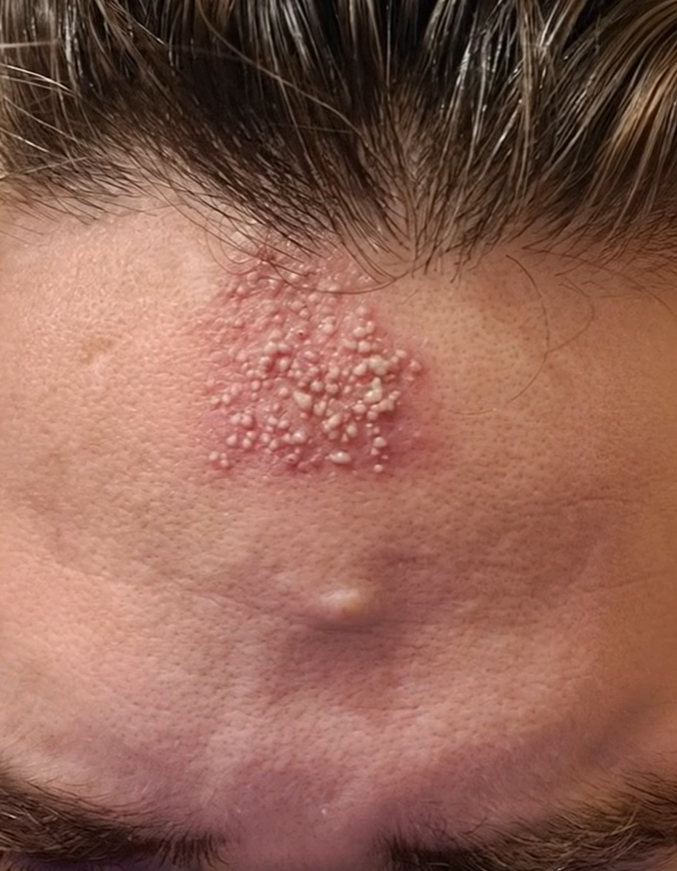Why You Should Always Remove Makeup Before Bed
We’ve all had those nights — you’re tired, it’s late, and the thought of taking off your makeup feels like too much. So, you skip it just this once.
But even one night of sleeping in makeup can interfere with your skincare routine and potentially cause long-term skin and eye issues, according to health professionals.
What Happens When You Don’t Remove Makeup
Dermatologists and eye care experts agree: removing your makeup before bed is essential. Here’s why:
1. Increased Risk of Breakouts
Throughout the day, your makeup mixes with sweat, oil, and environmental pollutants. Leaving it on overnight can clog pores, leading to acne, blackheads, and skin irritation.
2. Premature Signs of Aging
Your skin renews itself while you sleep. Makeup left on the skin can interrupt this process, contributing to dryness, fine lines, and dullness over time.
3. Eye Irritation and Infections
Products like mascara or eyeliner can build up and irritate the eyes, potentially leading to issues such as conjunctivitis (pink eye), styes, or dry eye syndrome if not removed properly.
4. Reduced Skincare Effectiveness
Applying moisturizers or serums on top of leftover makeup prevents absorption, limiting the effectiveness of your skincare products.
5. Dry or Uneven Skin Texture
Makeup can block the skin’s ability to absorb moisture, which may result in dry patches and an uneven tone.
Why Skin Needs to Be Clean at Night
During sleep, your skin detoxifies and restores itself. Leaving makeup on can trap pollutants, bacteria, and dead skin cells—creating an environment that may contribute to breakouts and irritation.
How It Affects Your Eyes
Eye makeup can obstruct oil glands near the lash line, disrupting tear production and leading to inflammation or discomfort around the eyes.
A Quick Makeup Removal Routine
Even when you’re short on time, a simple nighttime routine can make a big difference:
Step 1: Use a gentle makeup remover or micellar water.
Step 2: Follow with a mild cleanser to ensure no residue remains.
Step 3: Apply a moisturizer to support skin hydration.
Tip: Keep makeup-removing wipes or micellar spray by your bedside for convenience.
Should You Remove Sunscreen Too?
Yes—just like makeup, sunscreen should be removed before bed. While protective during the day, it can clog pores if left on overnight.
Potential Long-Term Effects of Not Removing Makeup
- Acne: Blocked pores and bacteria buildup
- Wrinkles: Disrupted skin renewal
- Eye Issues: Bacterial infections or irritation
- Dull Skin: Lack of oxygen and moisture overnight
Expert Insights
“Sleeping in your makeup can compromise the skin barrier and increase sensitivity or breakouts,” says Dr. Marisa Garshick, board-certified dermatologist.
Ophthalmologists also caution that makeup near the eyes can contribute to dryness, redness, and even corneal issues.
